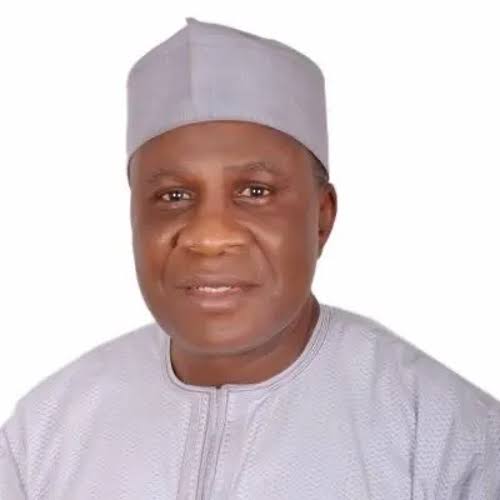The Chief Executive Officer of Gavi, Dr. Sania Nishtar, has expressed deep concern over the ongoing cholera outbreak in Nigeria and has assured that Gavi, along with its partners, is ready to support the country with emergency vaccine doses if needed.
Dr. Nishtar highlighted on her X handle @SaniaNishtar that the global cholera stockpile funded by Gavi is fully replenished and prepared to assist in containing the outbreak and protecting those at the highest risk.
In response to the cholera outbreak, the Nigeria Centre for Disease Control and Prevention (NCDC) has activated its Emergency Operation Centre (EOC) to manage the crisis. Dr. Jide Idris, Director General of the NCDC, stated that the EOC will serve as the coordination hub for response activities across the country, supporting affected states, and facilitating rapid communication, data analysis, and decision-making. The EOC aims to ensure efficient deployment of resources, strengthen surveillance and diagnostic capabilities, enhance case management, and intensify public awareness and community engagement efforts.
A recent risk assessment indicated that Nigeria is at high risk of increased cholera transmission and impact. To address this, Prof. Muhammad Ali Pate, the Coordinating Minister of Health and Social Welfare, has called for a multi-sectorial approach to prevent outbreaks of infectious diseases like cholera, typhoid fever, and tuberculosis. Prof. Pate emphasized that many diseases are socially determined and that effective public policies must be in place to provide social safety nets for vulnerable and poor populations.
Prof. Pate explained that diseases often affect populations living in inadequate housing, with low sanitation, food insecurity, and malnutrition. He highlighted the need for comprehensive public policies that address these social determinants of health. This includes growing the economy, translating economic gains into household incomes, building infrastructure to support urbanization, and ensuring access to affordable healthcare facilities.
The minister stressed the importance of a holistic approach to health that goes beyond biomedical solutions. He called for a “whole of government and whole of society” effort to improve the health and well-being of the population. This approach involves integrating health considerations into all public policies, such as housing, transportation, agriculture, environment, and gender, and ensuring that social protection mechanisms are in place to provide safety nets for vulnerable groups.






